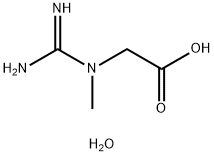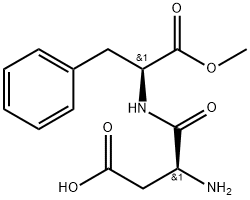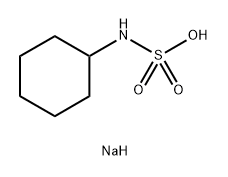Creatine monohydrate , ≥98% , 6020-87-7
Synonym(s):
Creatine monohydrate;N-Amidinosarcosine monohydrate
CAS NO.:6020-87-7
Empirical Formula: C4H11N3O3
Molecular Weight: 149.15
MDL number: MFCD00071582
EINECS: 611-954-8
| Pack Size | Price | Stock | Quantity |
| 25G | RMB24.00 | In Stock |
|
| 100G | RMB39.20 | In Stock |
|
| 250g | RMB79.20 | In Stock |
|
| 500G | RMB135.20 | In Stock |
|
| 2.5KG | RMB479.20 | In Stock |
|
| others | Enquire |
PRODUCT Properties
| Melting point: | 292 °C (dec.)(lit.) |
| Density | 0.55-0.64 g/cm3 |
| RTECS | MB7706000 |
| storage temp. | 2-8°C |
| solubility | slightly soluble in water, insoluble in ethanol and ether. |
| form | Crystalline Powder |
| color | White to yellow |
| PH | 6.9 (10g/l, H2O, 20℃) |
| Odor | Odorless |
| Water Solubility | 13 g/L (20 ºC) |
| Merck | 14,2568 |
| BRN | 907175 |
| Stability: | Hygroscopic |
| InChI | InChI=1S/C4H9N3O2.H2O/c1-7(4(5)6)2-3(8)9;/h2H2,1H3,(H3,5,6)(H,8,9);1H2 |
| InChIKey | MEJYXFHCRXAUIL-UHFFFAOYSA-N |
| SMILES | N(C)(C(N)=N)CC(=O)O.O |
| LogP | -1.877 (est) |
| CAS DataBase Reference | 6020-87-7(CAS DataBase Reference) |
| NIST Chemistry Reference | Creatine hydrate(6020-87-7) |
Description and Uses
Creatine Monohydrate is the monohydrate form of creatine similar or identical to endogenous creatine produced in the liver, kidneys, and pancreas. Pure creatine is a white, tasteless,odorless powder, that is a naturally occurring metabolite found in muscle tissue.
Creatine monohydrate is an amino acid produced in the human body that plays a role in replenishing the energy supply to muscle cells.Creatine is usually produced to a purity of 99.5 percent or higher.Until recently, the primary use for creatine was as a laboratory reagent, demand for which was relatively limited.In the early 1990's, however, weight trainersand other athletes began using creatine in the belief that it stimulates muscle growth and reduces muscle fatigue.
Creatine monohydrate is involved in rapid ATP production primarily in skeletal muscle tissue via the action of creatine kinase(s). It may be used as a supplement to study its uptake mechanism and metabolism of action. It is used in the treatment of neuromuscular diseases.
Safety
| Symbol(GHS) |  GHS07 |
| Signal word | Warning |
| Hazard statements | H315-H319-H335 |
| Precautionary statements | P261-P280a-P304+P340-P305+P351+P338-P405-P501a-P264-P280-P302+P352+P332+P313+P362+P364-P305+P351+P338+P337+P313 |
| Hazard Codes | Xi,Xn |
| Risk Statements | 36/37/38-20/21/22 |
| Safety Statements | 26-36 |
| WGK Germany | 1 |
| Autoignition Temperature | >800°C |
| TSCA | Yes |
| HS Code | 29252000 |




